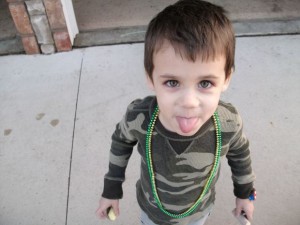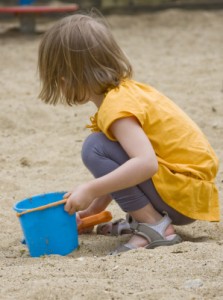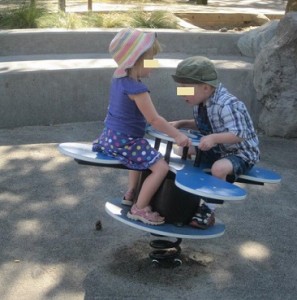Is Your Child Curious and Eager to Learn?
As parents, if you were given a choice, would you choose being curious or being smart for kids? For success at school and life, kids need curiosity.
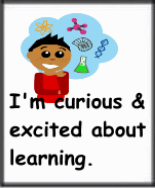
Because kids always seem to be asking questions and wanting to know how something works, we overlook the critical importance of curiosity. But it’s a powerful and vital learning strategy. We say someone is smart when they already know something but being curious means exploring the unknown. Dr. Bruce Perry calls it “The Fuel of Development.” (Scholastic, Curiosity: The Fuel of Development) It drives us to discover and want to know. It means ask questions.
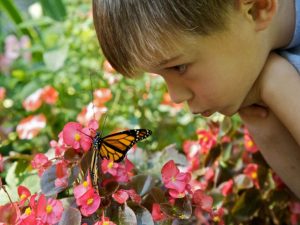
We all know kids ask questions. By the time kids are just 4 years old, they have already asked about 40,000 probing questions. No wonder, parents, caregivers, and teachers sometimes think questions are driving them crazy. This sounds even crazier, but we need to nurture children’s questions and curiosity.
Some of the ways we can encourage curiosity are practical. Kids need to know it’s okay to make a mess. They also need some basic items and training for how to clean them up. A supply of sponges and rags, a small hand broom, and a dustpan that kids can reach are musts. Take some time and show your child how to sweep bits into the dustpan. Getting a sponge or rag wet is part of washing up, but little hands need to practice squeezing out lots of water so they don’t make the mess worse. Not all kids will worry about making a mess, but just in case it happens, it’s good to be able to clean it up instead of getting in trouble.
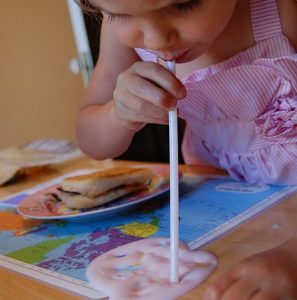
Another way to boost curiosity, is to recognize effort. When babies are first learning to walk, we smile, make eye contact, talk, use positive words, and invite them to try. Somehow, though, we forget this as kids get even a little older and only notice achievement. We need to be positive about the trying. A volcano science experiment may not work the first time but we can still say, “Wow, that volcano didn’t fizz but I can see you have lots of questions. You are figuring out what doesn’t work too.”
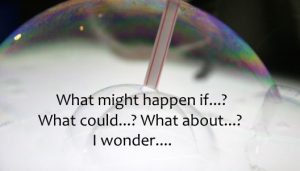
Questions invite more questions, so we can also ask some. Asking kids, “Why do you think that happened?” invites them to connect what they are discovering.
Kids need curiosity to learn. A diet of questions, time to play, encouragement to explore, and recognition of efforts will fuel our children’s curiosity. What are your thoughts, does limiting curiosity limit the future?

